Two broadcasters, both alike in unaccountability
There was a world of difference between Princess Diana and Neville Wran — but not in their treatment by the public broadcaster.
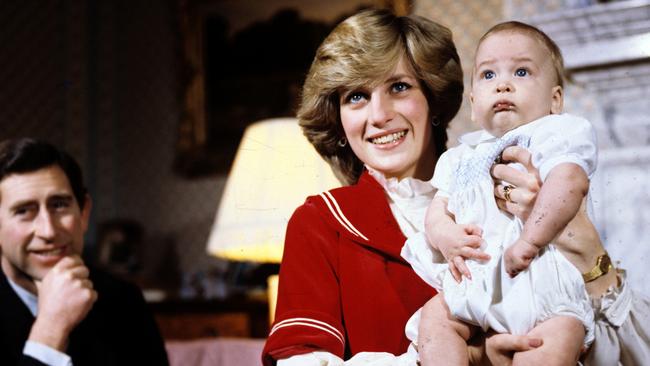
The former was born into the titled English upper class and, for 15 years, was married to the heir to the British monarchy. The latter was a product of the working-class Sydney suburb of Balmain before what Paul Keating once called the fashionable basket weavers moved in. Wran became Labor Party premier of NSW and one of Australia’s most successful politicians.
Both became victims of the public broadcasters of Britain and Australia respectively.
The ABC began broadcasting in July 1932 during the time of the Joe Lyons-led United Australia Party (no relation to the UAP under the management of Clive Palmer). It was modelled on the BBC, then headed by its director John (later Lord) Reith.
From the beginning, both the ABC and the BBC were publicly funded; the former out of taxation revenue, the latter by means of a compulsory licence fee. Writing in London newspaper The Telegraph this month, Janet Daley recalled how she once informed a BBC journalist that if she disliked what the Murdoch news outlets did, she had “the right to refuse them my custom”. Whereas if she refused to pay for the BBC, she “got a criminal record”.
It might be expected that journalists funded directly or indirectly by the taxpayer would exhibit a degree of appreciation, even humility. But it has not worked out that way.
Rather, the public broadcasters in both nations developed a moral vanity – in that many of their journalists have come to possess a degree of superior self-righteousness with respect to those who finance their wages and conditions.
On May 14, the Report of the Dyson Investigation by the Right Honourable Lord Dyson, formerly a senior judge in the jurisdiction of England and Wales, was released. Lord John Dyson was commissioned by the BBC to inquire into the famous interview by BBC Panorama journalist Martin Bashir with Diana which aired on November 20, 1995.
Soon after the interview went to air, there was suspicion as to how the relatively junior journalist got to interview a senior member of the royal family who was one of the most famous people in the world. It turned out that Bashir had shown fake documents to Charles, Earl Spencer (Diana’s brother), that facilitated his contact with her. The documents in question were false bank statements that purported to show that certain individuals had been paid by sources close to the royal family to undermine Diana, who at the time was still married to Prince Charles though they led separate lives.
After gaining Spencer’s trust, Bashir attained an introduction to Diana, which led to the interview – the consequences of which effectively resulted in the separation becoming a divorce.
In a powerful statement last week, Prince William accused the BBC of having convinced his mother to speak about her marriage. He correctly stated that the interview was a “major contribution to making my parents’ relationship worse” and had led to an increase in Diana’s “fear, paranoia and isolation”.
The Dyson investigation is devastating with respect to Bashir, who is found to be a liar concerning what he told Spencer and, subsequently, the BBC. But it is also highly critical of BBC management at the time, in particular Tony Hall (then director of news) and John Birt (then director-general). Both are now members of the House of Lords.
Dyson found that, soon after the Panorama program, Hall conducted an investigation that “was flawed and woefully ineffective”. Dyson was critical of the fact Hall and other staff had believed what Bashir said about Spencer but failed to attempt to interview Spencer.
Dyson presents an image of BBC management that would not confront a wayward journalist and that subsequently covered up the scandal. BBC management also turned on the BBC whistleblower whose career was effectively ruined. All up, the Dyson investigation reveals an organisation whose management does not run it and where journalists are not accountable – even when they lie and deceive.
In his report Dyson criticised the lack of independence involved when an organisation such as the BBC investigates the BBC.
It’s much the same in Australia, as shown by the ABC’s reaction to the critics of its three-part documentary Exposed: The Ghost Train Fire, presented by ABC journalists Caro Meldrum-Hanna and Patrick Begley, which aired recently on ABC TV.
The “big story” of the program turns on the suggestion Wran was involved in covering up an arson attack on Luna Park in Sydney that led to the deaths of one man and six children. The allegation is that, when premier, Wran was involved with Abe Saffron of the “colourful Sydney identity” tag in covering up the crime.
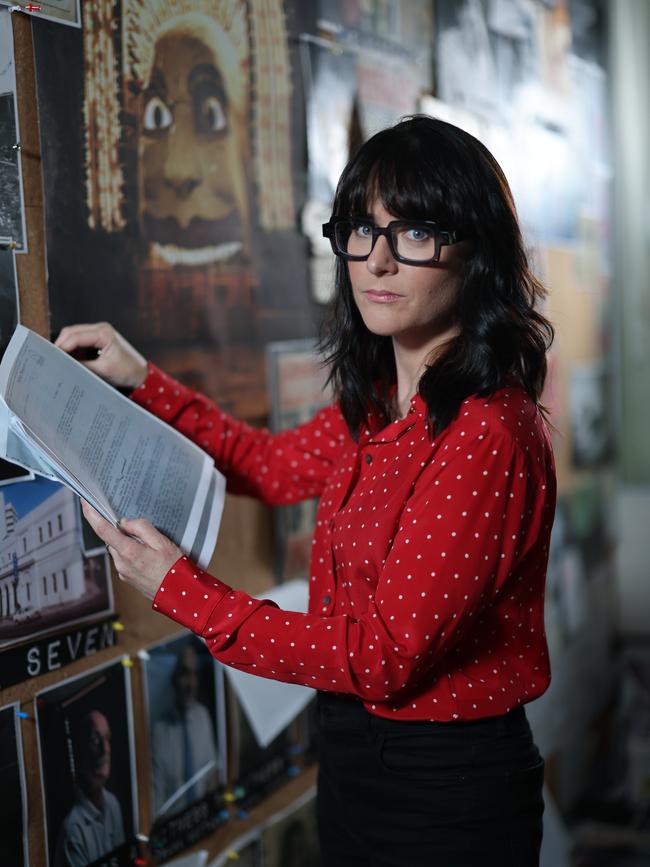
The problem is that the program failed to present any evidence that the ghost train fire was arson or that Wran was in contact with Saffron (without anyone noticing at the time). It’s another occasion where ABC journalists believe what they want to believe and put to air one-sided accounts. Also, no one was invited on the program to put the case for Wran.
Prominent former Sydney Morning Herald journalist Milton Cockburn (who once worked for Wran) has complained to the ABC – so far without a detailed response. The program also has been critiqued by journalist Troy Bramston, who wrote in The Australian on Tuesday about the arrogant and contemptuous manner in which the ABC communications department handles media inquiries.
In Senate estimates on Wednesday, ABC managing director David Anderson defended the Exposed program without producing any evidence to support its allegations. His response was not dissimilar to the tactic engaged in by Hall and senior BBC managers to rationalise Bashir’s claims.
The Dyson investigation reveals the BBC as a staff-controlled organisation accountable to nobody, with its own agendas and which is dismissive of considered critics. It’s much the same with the ABC. All that’s needed is a Dyson-like investigation to document the point – but this is unlikely to be set up by the ABC.
Gerard Henderson is executive director of the Sydney Institute. His Media Watch Dog blog can be found at www.theaustralian.com.au


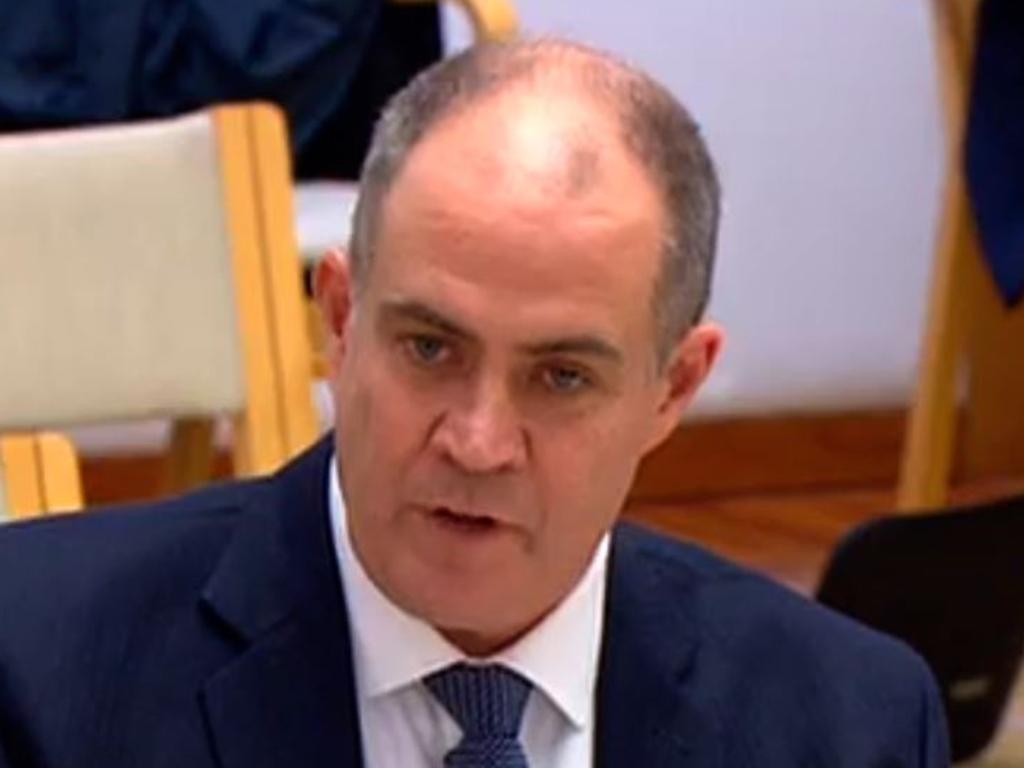
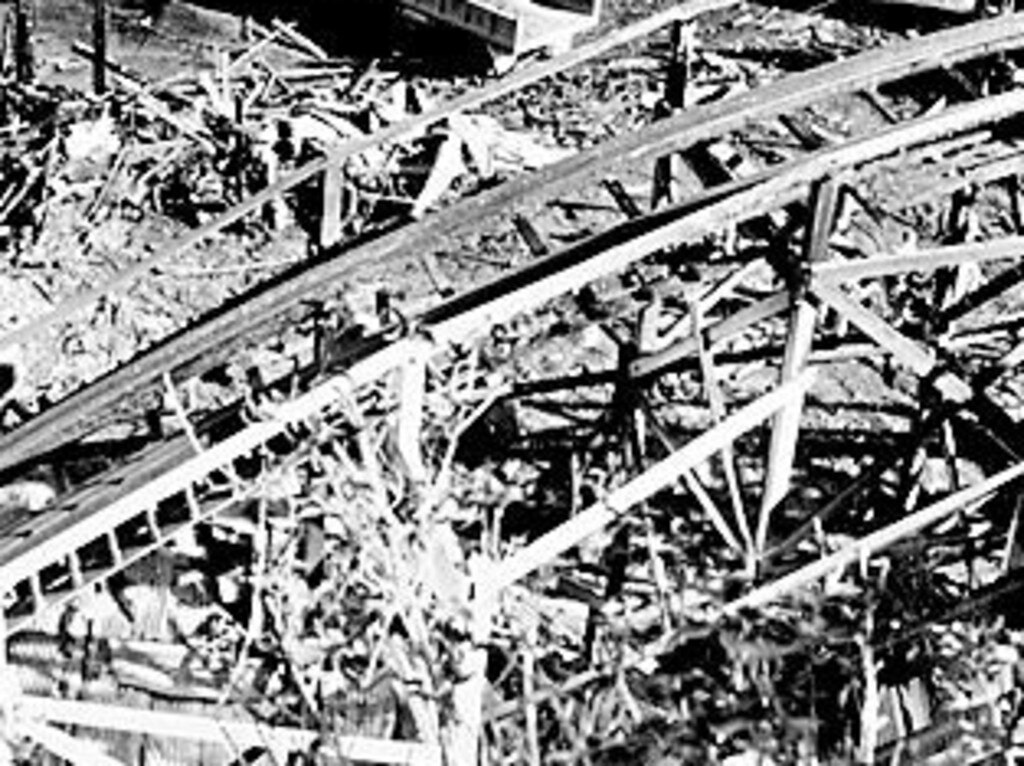
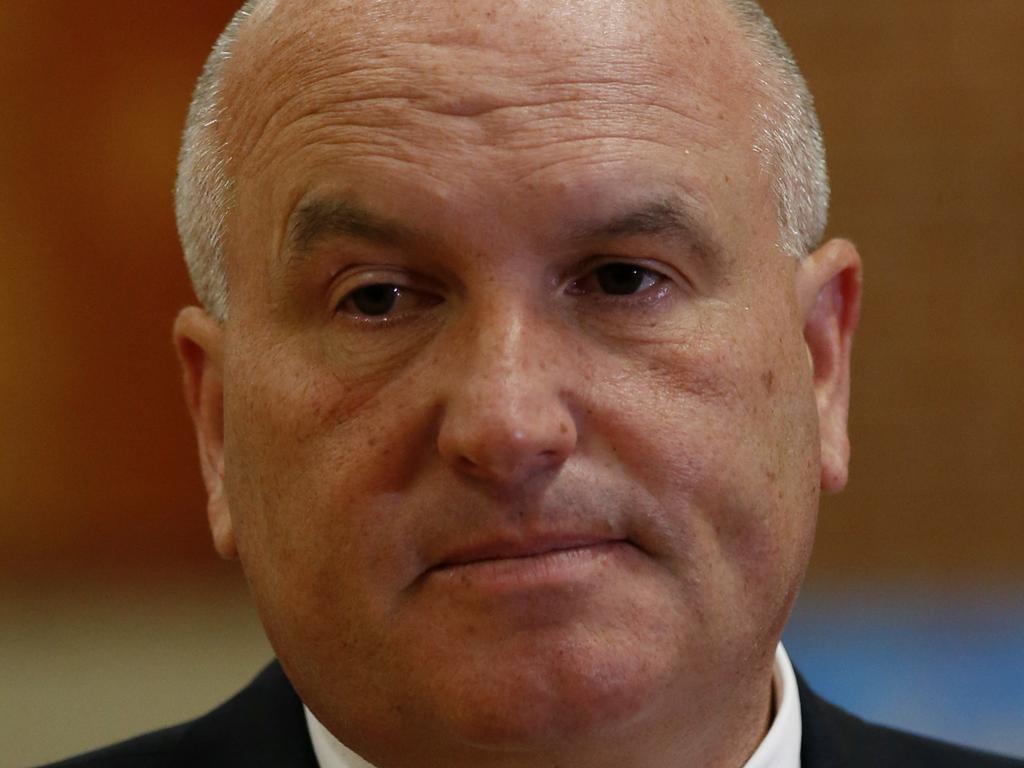



There was a world of difference between Diana, Princess of Wales (nee Spencer) and Neville Wran.